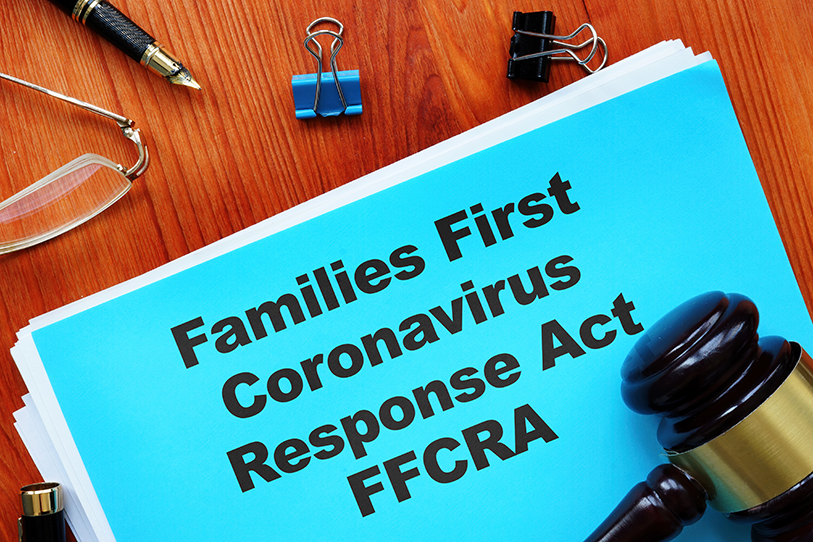At the end of 2020, many eyes were on Congress to see how it would handle a second economic stimulus package to address the ongoing COVID-19 pandemic, including which programs, such as unemployment insurance extensions and eviction moratoriums, would get extended from the first stimulus package passed in March 2020. Among the programs created in the first stimulus package, the Families First Coronavirus Response Act (FFCRA) created a federal emergency paid sick leave and expanded the existing Family and Medical Leave Act (FMLA) to provide paid leave for qualifying reasons related to COVID-19. Even though the FFCRA mandate was not extended into 2021, the U.S. Department of Labor (DOL) can still enforce any violations for up to three years so employers should review their leave practices to make sure they complied with the FFCRA requirements.
The FFCRA generally covered all employers with fewer than 500 employees, and employers who provided paid leave under the FFCRA were entitled to reimbursement through payroll tax credits.
As previous reported, Congress declined to extend the FFCRA mandate, and thus, FFCRA-covered employers are no longer required to provide FFCRA leave as of December 31, 2020. Congress, however, did extend the tax break so that any employer that voluntarily continued to provide FFCRA leave could continue to claim the payroll tax credits through March 31, 2021, if the leave is provided on the same terms as required under the FFCRA. The Internal Revenue Service (IRS) has recently updated its guidance to reflect this continuation of the tax credit.
For its part, the U.S. Department of Labor (DOL) has provided very limited updated guidance since the FFCRA requirements expired. The most important thing for employers to note is that the statute of limitations for an employee to bring a claim for FFCRA violations is two years — extended to three years if the violation is willful — from the date of the violation. This means that even though the requirement to provide the leave has ended, the DOL may continue to enforce any violations that occurred between April 1, 2020, and December 31, 2020, for up to the three years.
Employers who were required to comply with the FFCRA in 2020 should ensure that their 2020 COVID-19-related leave practices conformed with the FFCRA requirements and, if any errors are discovered, consult with legal counsel on the best course for correcting the errors to avoid any FFCRA claims. As a refresher, employers can review the DOL’s basic FFCRA requirements to help determine whether any violations occurred during 2020.
Matthew J. Roberts, Employment Law Counsel/Subject Matter Expert
CalChamber members and nonmembers can use the COVID-19-Related Paid Sick Leave or Family and Medical Leave (FFCRA) Documentation Checklist — For Employer Use Only on HRCalifornia. Like what you see? See how CalChamber can help you.




